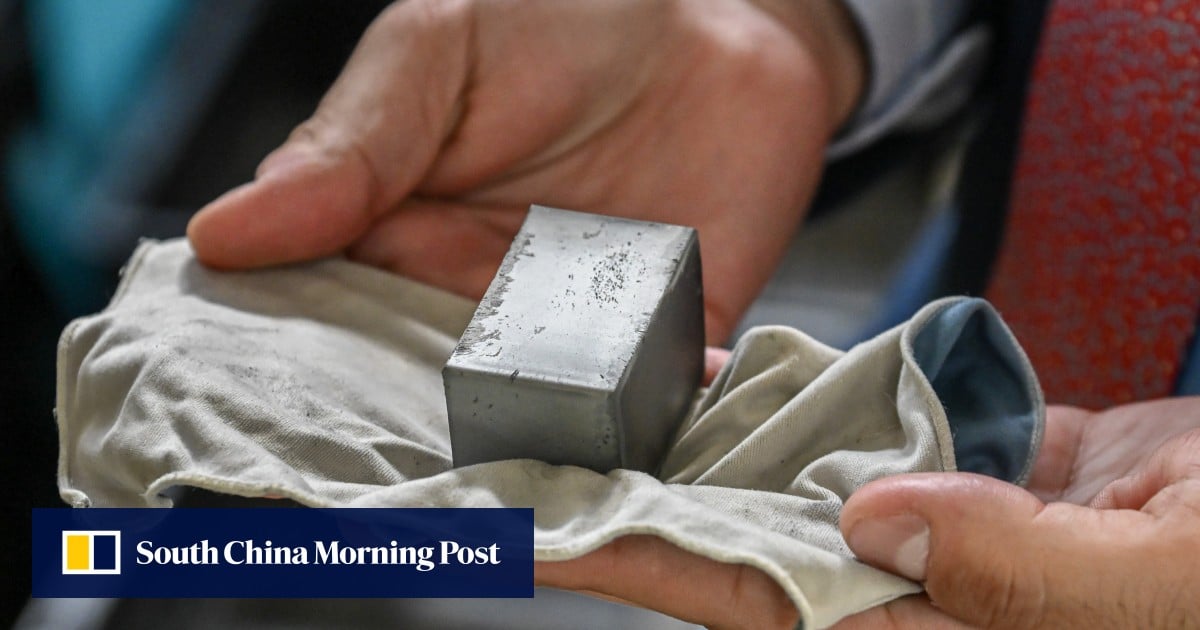As China consolidates its near-monopoly status in critical minerals and rare earth elements – essential raw materials for the production of numerous high-value items in the technology and defence sectors – Washington’s proposed US$5 billion fund to secure its access to these supply chains may come too late to close the gap, analysts said.
Bloomberg reported last week that the United States is planning to allocate billions in pursuit of a larger share of these minerals’ global supply, following a US$400 million investment from the Pentagon in July that made it majority shareholder of rare earth producer MP Materials.
The fund, still under negotiation, would be structured as a joint venture between the US International Development Finance Corporation, a government development finance institution, and the New York-based materials investment firm Orion Resource Partners. Each party would contribute roughly half of the capital, according to the report.
“The US$5 billion is a step in the right direction, but we need to see a lot more consistent policy support around supporting these non-Chinese companies,” said Nick Marro, principal economist for Asia and global trade lead at the Economist Intelligence Unit.
The move is an important statement of intent, he said, but given China’s outsize role in the supply and pricing of critical minerals, the profitability of new entrants into the sector should not be considered a certainty.
“For any attempt to break that chokehold, there has to be a separate conversation around whether these operations can be viable against intense Chinese competition.”
China’s dominance in rare earth elements – it accounts for about 60 per cent of global supply and roughly 90 per cent of the world’s refining capacity – has become a major bargaining chip in its protracted trade dispute with the US.
